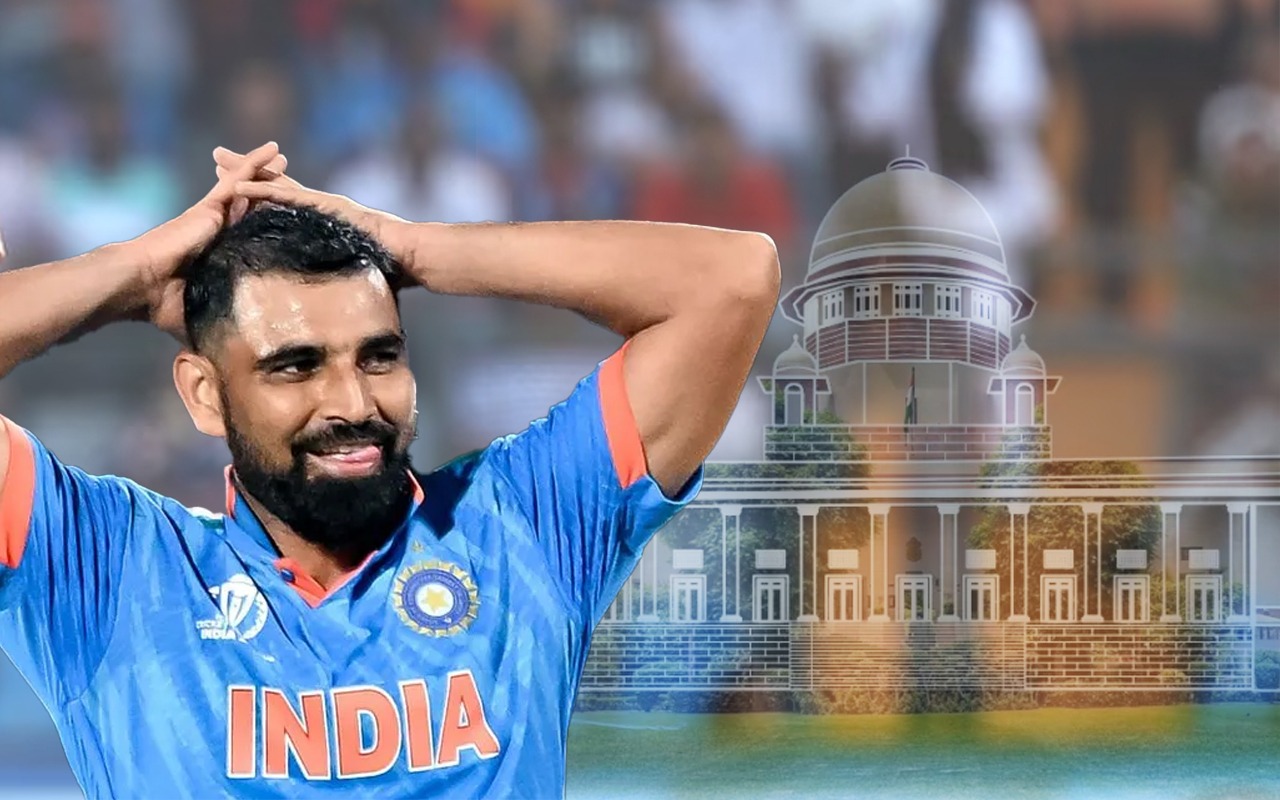The media, often considered the fourth pillar of democracy, plays a crucial role in informing the public and holding the powerful accountable. However, when the media oversteps its boundaries and interferes with the judicial process, it undermines the rule of law and violates individuals’ rights. Trial by media, a phenomenon prevalent and problematic, involves sensationalizing, speculating, or reporting on cases, influencing public opinion and creating pressure on the judiciary, with serious consequences for the accused, the victim, and the justice system.
Cricketer Mohammed Shami and his estranged wife, Hasin Jahan, have a legal dispute going on characterized by serious accusations. Jahan’s police complaint against Shami alleged adultery and domestic abuse, resulting in the filing of non-bailable charges, including attempted murder, against the cricketer. Ms Jahan claimed mistreatment during visits to Shami’s hometown in Uttar Pradesh. Shami consistently denied these allegations, asserting they were part of a conspiracy to damage his reputation. In September, before the World Cup, Shami obtained bail in the 2018 domestic violence case filed by Jahan in a Kolkata court.
Shami’s wife did not respect the law and the sanctity of the courts; without waiting for the judgement she went on a negative campaign on social media making comments which triggered a social media trial for the cricketer. Since the matter was sub-judice at the time, she clearly tried to influence the courts in her favour. Shami’s performance in the World Cup matches brought back recollections of his trial by the media. The media trial had raised ethical and legal questions, at that time, questioning the fairness of judging Shami based on unverified, one-sided claims. People questioned the appropriateness of exposing Shami’s personal life to public scrutiny, particularly amid a legal dispute. Also, several articles and talk shows discussed the media’s right to undermine Shami’s professional achievements and reputation earned through hard work and talent.
Shami, like any citizen, has the right to a fair trial, privacy, and the presumption of innocence until proven guilty in court. The media lacks the authority to pronounce guilt or innocence before the court’s decision. It has no business intruding into personal affairs or tarnishing Shami’s image. The media has no reason to ignore or diminish his cricketing success, independent of his personal life. The media trial involving Shami is not an isolated incident but part of a broader pattern affecting Indian society. From the Aarushi Talwar case to the Sushant Singh Rajput case, the media oversteps boundaries, violating the sub judice rule and often ignoring guidelines from regulatory bodies.
The media’s conduct in the Shami case and others raises serious concerns, posing a threat to the judiciary’s independence and integrity. Adherence to the law, respect for the court, and upholding the dignity of individuals should be the media’s focus. Reporting facts and informing, rather than influencing, is crucial. The media must function as a watchdog, not a judge.









